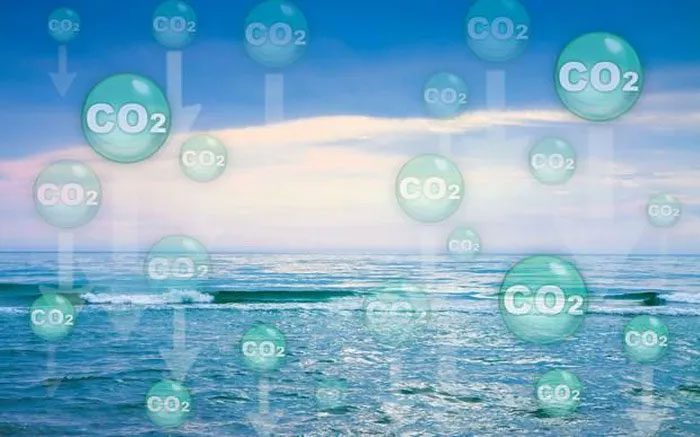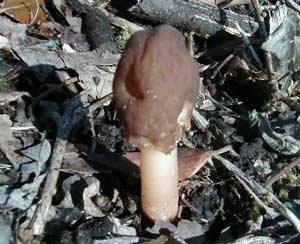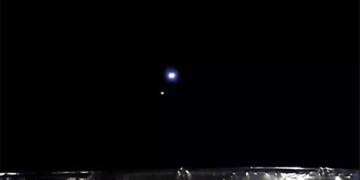Research shows that this microorganism has the ability to photosynthesize and release carbon-rich substances that can “trap” other microorganisms before they sink to the ocean floor.
A group of scientists from the University of Technology Sydney (UTS) in Australia has discovered a new species of bacteria capable of naturally absorbing carbon.
They hope that this bacterium will become a “ally” in the fight against climate change.

This newly discovered bacterium has the potential to absorb 0.02-0.15 gigatons of carbon annually on a global scale. (Photo credit: sciences.com).
The discovery of a unicellular marine microorganism scientifically named Prorocentrum cf. balticum was published in a paper in Nature Communications on March 14.
Ms. Martina Doblin, one of the authors of the study, stated: “This is a completely new species.” The research indicates that this microorganism can photosynthesize and release carbon-rich substances that can “trap” other microorganisms before they sink to the ocean floor.
The microorganism acts as a “biological carbon pump,” integrating the process of carbon absorption from the atmosphere through the organic matter cycling process, which, after sinking to the ocean floor, can be buried for thousands of years.
Ms. Doblin noted: “This process suggests that there may be more carbon sinking into the ocean than we think, and potentially even greater potential if we allow the oceans to naturally capture more carbon.”
Based on studies conducted off the coast of Sydney, researchers estimate that this newly discovered bacterium can absorb 0.02-0.15 gigatons of carbon annually on a global scale.
To meet future climate goals, scientists estimate that the world needs to remove 10 gigatons of carbon dioxide from the atmosphere each year until 2050.
Many cycling processes and other bacteria also participate in carbon absorption under the sea, including phytoplankton, but Prorocentrum cf. balticum additionally has the ability to withstand ocean acidification and warming.
The lead author of the study, marine biologist Michaela Larsson, stated that the resilience of this bacterium to global warming will aid in natural carbon capture in the future, but further research will be needed before they can be used directly.
She emphasized: “At this stage, there is limited potential to apply this process to meet climate goals; we need to conduct some critical studies before we can implement large-scale projects.”




















































